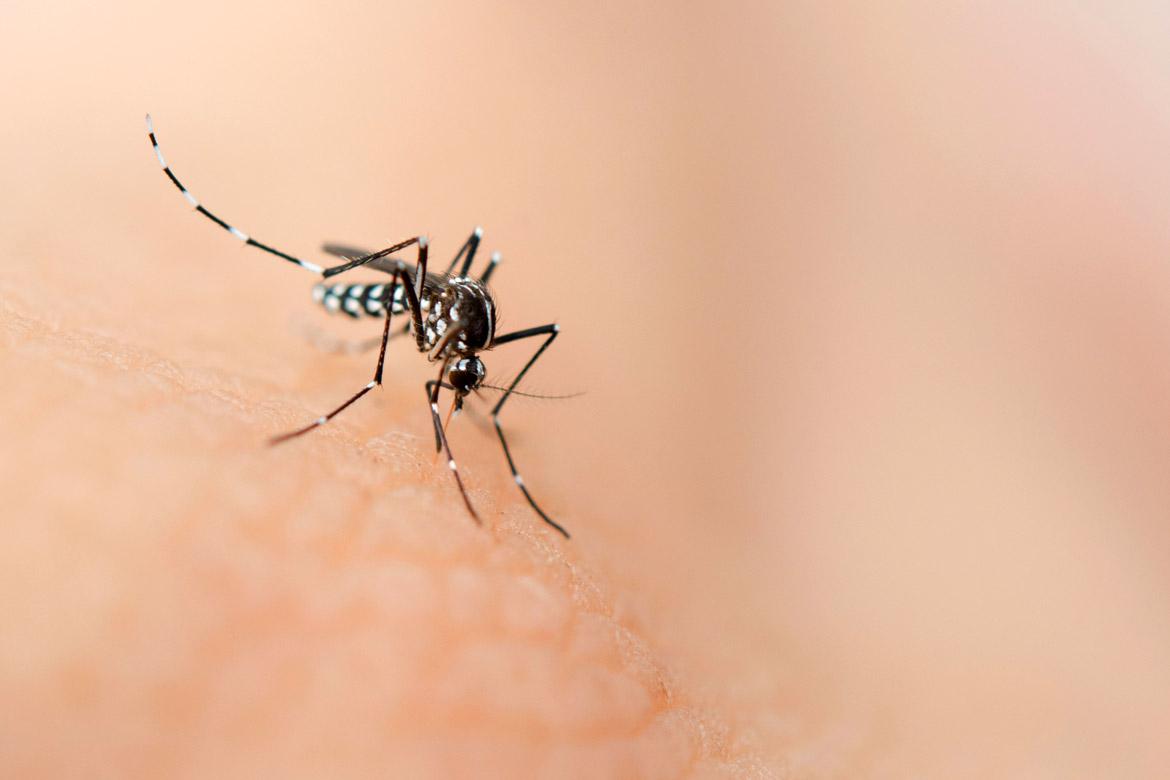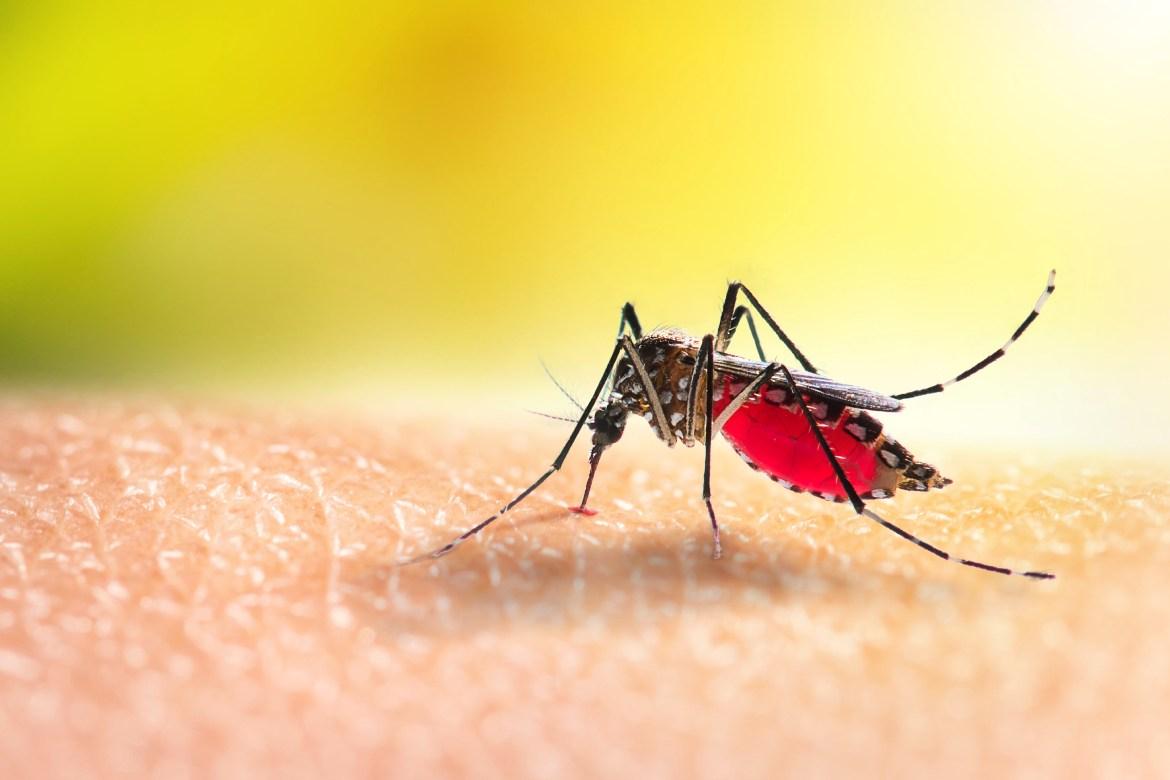-
-
Featured Care Areas

Dengue Fever
How is dengue fever diagnosed?
Testing for dengue fever is done to determine whether a person with signs and symptoms, and recent potential exposure, has been infected with the dengue virus. The infection is difficult to diagnose without laboratory tests because symptoms may initially resemble those of other diseases.
Your doctor will assess your symptoms and your medical history. If the clinical suspicion of dengue fever is high, blood tests would be undertaken. These include a full blood count and may include the following:
- Dengue virus antigen detection (NS1): This detects the NS1 protein of the dengue virus, which is secreted into the blood during dengue infection. NS1 is detectable during the acute phase of dengue virus infections, usually during the febrile period or up to first 7 days of symptoms. It can be as sensitive as molecular tests during this period.
- Antibody tests: This is a dengue test for IgM antibodies. Dengue virus-specific IgM and neutralising antibodies typically develop toward the end of the first week of illness. They are generally positive starting 4 – 5 days after the onset of symptoms, and continues for approximately 12 weeks afterwards, but may persist longer.
- Dengue test for IgG antibodies: Antibodies are produced more slowly in response to an infection. Typically, the level rises with an acute infection, stabilises, and then persists long-term. Individuals who have been exposed to the virus prior to the current infection maintain a level of IgG antibodies in the blood.
How is dengue fever treated?
It is essential to see a doctor if you think you have dengue fever.
Dengue fever can develop into more complicated conditions such as dengue haemorrhagic fever or dengue shock syndrome (resulting in bleeding, breathlessness and low blood pressure). These conditions can become life-threatening if medical attention is not sought early.
There is no specific medication for dengue fever, and treatment will be directed towards relieving the symptoms. In most instances, you will need to rest and drink extra fluids to avoid dehydration from vomiting and high fever.
You should avoid other over-the-counter pain medications such as aspirin and ibuprofen as they can increase the risk of bleeding complications.
Should symptoms worsen, go to your nearest Urgent Care Centre (UCC) immediately if you notice the following:
- Severe abdominal pain
- Persistent vomiting or nausea
- Vomiting blood
- Extreme lethargy
This page has been reviewed by our medical content reviewers.
Need help?
For enquiries, please call
+65 6377 3737
For appointment bookings, please WhatsApp
+65 8111 3777








